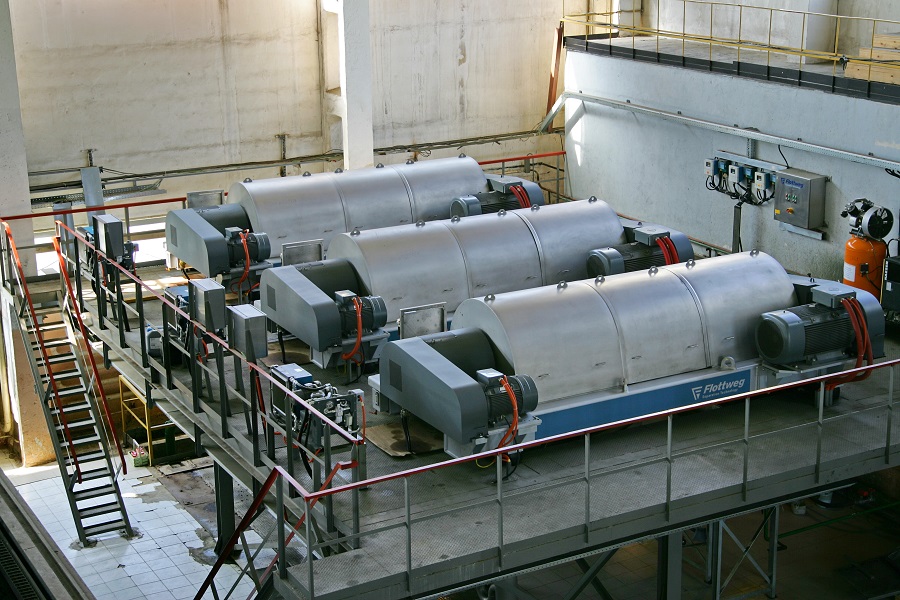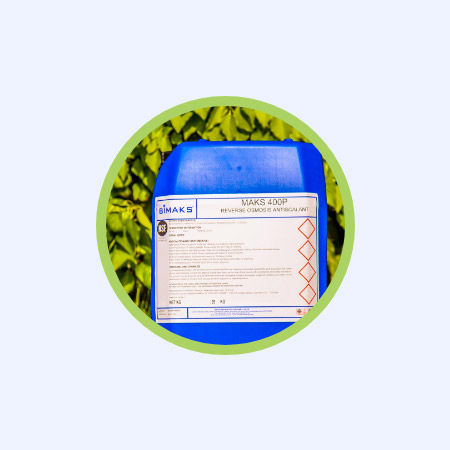
Wastewater treatment uses in the petrochemical industry
The search for technologies for the use of wastewater treatment has become an indispensable necessity. Where, the quantities of fresh water in nature are estimated at about 35 million km3, according to the estimates of the United Nations Environment Program (UNEP). This represents about 2.5% of the total size of the Earth, which amounts to about 1.4 billion km3, in addition to about 24 million km3. That is, 70% of this fresh water and resources are found in the form of ice and snow areas in the Antarctic and Arctic.
Only 30% of the world’s freshwater is stored as groundwater, swamps, lakes, and rivers. However, less than 1% of all these resources are. That is, about 240,000 km3, is the total water supply suitable for human use and the ecosystem. About 70% of freshwater is used for agricultural purposes, about 22% for industrial purposes, and about 8% for domestic uses.
Water is one of the preferred liquids in the industry over other liquids, due to its availability in nature, in addition to its unique natural properties such as transparency, density, freezing, boiling, heat, solubility, and other important properties. Surface water (rivers, seas) and groundwater (wells) are important sources for providing water for all industrial uses.
The quantity and quality of the available water are some of the most important determinants in choosing and determining the appropriate sites for the establishment of industrial complexes, especially the petrochemical industry, given the huge quantities of water used in this industry.
Industrial wastewater treatment technologies for petrochemical projects
The petrochemical industry depends on the use of wastewater treatment in large quantities in industrial processes. Especially in the production of olefins and aromatics, it is also an important source of hydrogen production. It is one of the most important inputs to the petrochemical industry. Water is also used in cooling processes, temperature control for polymerization and monomerization processes, and in cooling equipment such as compressors, and other uses.
The concept of treating and reusing sewage and industrial wastewater treatment has become more and more prevalent at the present time. Wastewater treatment and reuse technologies have contributed to preserving freshwater resources. Especially in light of water scarcity and lack of supplies in many areas, it worked to reduce the cost of water production, meet strict environmental standards, and preserve the environment.
The petrochemical industry is one of the industries most capable of reusing industrial wastewater (recycled wastewater). Industrial wastewater is defined as the water discharged from factories or laboratories. And resulting from the use of water in some or all stages of manufacturing, cleaning, cooling, or others, whether it is treated inside the factory or not.
The quantity and characteristics of industrial wastewater resulting from petrochemical production are highly dependent on the type of operations carried out in the production units and utility units separately.
Chinese industrial wastewater resulting from the petrochemical industries contains varying percentages of impurities, pollutants from organic compounds, phenols, minerals such as iron and copper, dissolved and suspended solids, oil, cyanides, sulfides, ammonia, chlorine, and other Processing them before disbursing them back to the sources
Water, or on sewage networks, or re-use again in various industrial uses within the facility, in accordance with strict environmental laws, and regulatory decisions that determine the percentages of impurities and various pollutants allowed in the water, according to its proper consumption or consumption.
Water quality
Natural water is relatively pure when it is formed, but it absorbs gases when it enters the atmosphere, especially oxygen and carbon dioxide. Some mineral materials also melt when water reaches the ground, as a result of direct contact with it. The proportions of these minerals depend on the amount of solubility of rocks and sand, and the duration of contact between them.
Carbonates, bicarbonates, sulfates, chlorides, nitrates, calcium, magnesium, sodium, and potassium are among the minerals commonly found in natural waters. Other minerals such as silica, iron, and manganese are also present, in addition to low levels of phosphates and fluorides.
All-natural waters contain dissolved gases and low levels of organic matter. as most surface waters contain algae, a variety of bacteria, and other forms of plants and animals. It also contains solid materials such as sand and colloidally dispersed particles.
While groundwater contains higher concentrations of impurities, dissolved oxygen, and sediment compared to surface water. It is also characterized by a fixed composition in terms of quantities, types, and sediments. In contrast to surface water, which often shows differences in its composition in terms of the proportions and types of these sediments. There is no “Universal Water”, used for all purposes. Therefore, the term “water quality” is given to water according to the purpose for which it is used. “Water quality” varies greatly according to the type, requirements, and purpose of uses by industry.
Wastewater treatment uses in the petrochemical industry
Petrochemical industry complexes consume huge amounts of water. Most of these complexes own their own water resources, whether from the surface or groundwater sources, or from both.
Others partially or completely use municipal drinking water. Petrochemical plants establish their own units of utilities to secure their energy and steam needs. Or securing it from external sources, and it usually generates what it needs from steam at moderate pressures. Petrochemical plants use huge amounts of steam in their various production units.
A number of petrochemical complexes treat, purify, and reuse part of the industrial water and service water in their factories.
Water used in the petrochemical industry is classified according to its end uses. As feed water, or cooling, or replacement, or ultra-pure water for feeding boilers and producing steam used in the processes of heating, evaporating, and drying. In addition to using water for extinguishing, services, drinking, and other uses.
Boilers (boilers) for steam production
A boiler (boiler) is a device for generating steam, consisting of two main parts. The furnace to generates heat by burning fuel, and the boiler. It is a device that converts water into steam by means of heat. The steam generated is used in various industrial and production processes.
Learn more about sewage treatment units from Carewater Company.

























